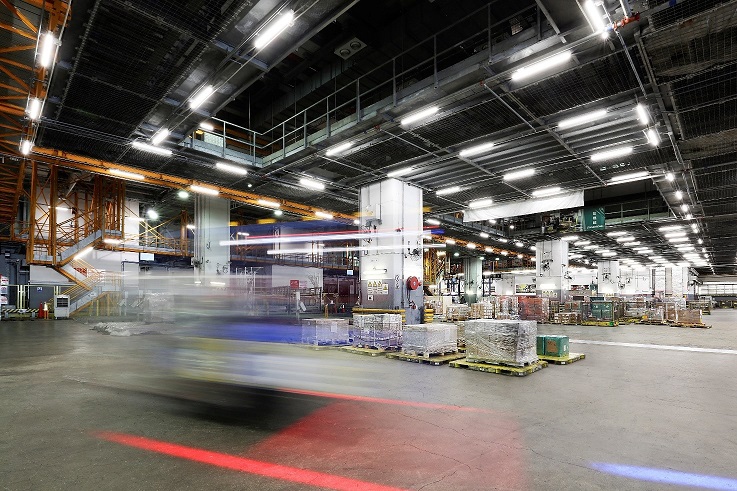Cathay Cargo Terminal goes fully digital on import collection
31 / 01 / 2024

Cathay Cargo Terminal. Photo: Cathay Pacific
Cathay Cargo Terminal (CCT) has become the “first” Hong Kong cargo terminal operator to provide end-to-end digitalised import collection.
Forwarders at CCT now have access to Electronic Shipment Release Forms (eSRF) which were created to offer a faster and more efficient service.
“The eSRF functionality speeds up the entire import collection process, providing improved efficiency and enabling freight forwarders to plan their work schedule with more flexibility,” said Cathay Pacific.
“Additionally, eSRFs are more secure than paper/manual identification verification, provide more visibility for customers and eliminate paper Shipment Release Forms (SRF), reducing archiving storage for freight agents and contributing to a more sustainable future.”
Previously, freight forwarders could only obtain SRFs by undergoing authentication with paper-based identification documents and queuing for truck dock and cargo clearances.
Under the new process, an eSRF can be issued through electronic authentication. Airlines can issue the eSRF to freight forwarders or consignees for pre-registration, automatic truck dock allocation, and online queuing for cargo clearance.
With the inspection confirmation being recorded electronically, a cargo release confirmation will be shown on the mobile device.
This new eSRF feature forms an integral part of the Import Air Cargo Collection Digitalization Module of Airport Authority Hong Kong’s (AAHK) HKIA Cargo Data Platform.
Cathay Cargo Terminal is the pioneer cargo terminal partner of the AAHK and co-developed this solution together, in consultation with the Hong Kong Association of Freight Forwarding and Logistics (HAFFA), airlines, cargo agents, truckers, and regulators.
Cathay Cargo Terminal chief operating officer Mark Watts said: “The introduction of eSRF is a real game changer – akin to the introduction of e-tickets in passenger aviation. We are proud to have worked hand-in-hand with the AAHK to make this a reality.
“Our customers are increasingly looking to leverage digitalisation to unlock efficiency and transparency, while also looking to work with common standards and true community solutions that enable them to share data quickly across the supply chains with minimal integration. The HKIA Cargo Data Platform serves as an enabler in driving such transformational change for the industry”.
The HKIA Cargo Data Platform, as developed and managed by AAHK, is an open and neutral community-based digital platform on blockchain that connects air cargo stakeholders together through a network that aims to enable global supply chain digitalisation and innovation as well as global trade facilitation.
Cathay Cargo Terminal extends Hong Kong intermodal operations














